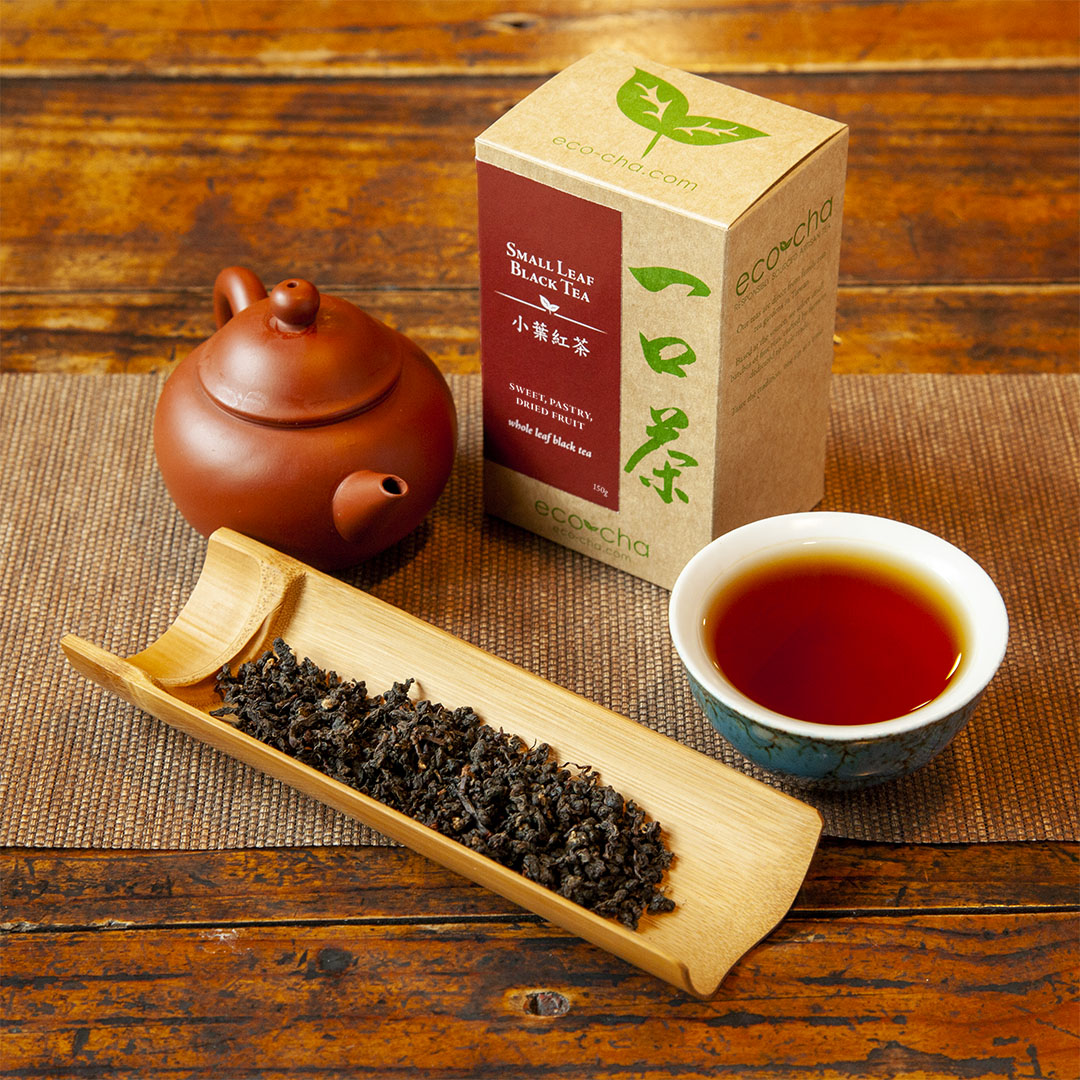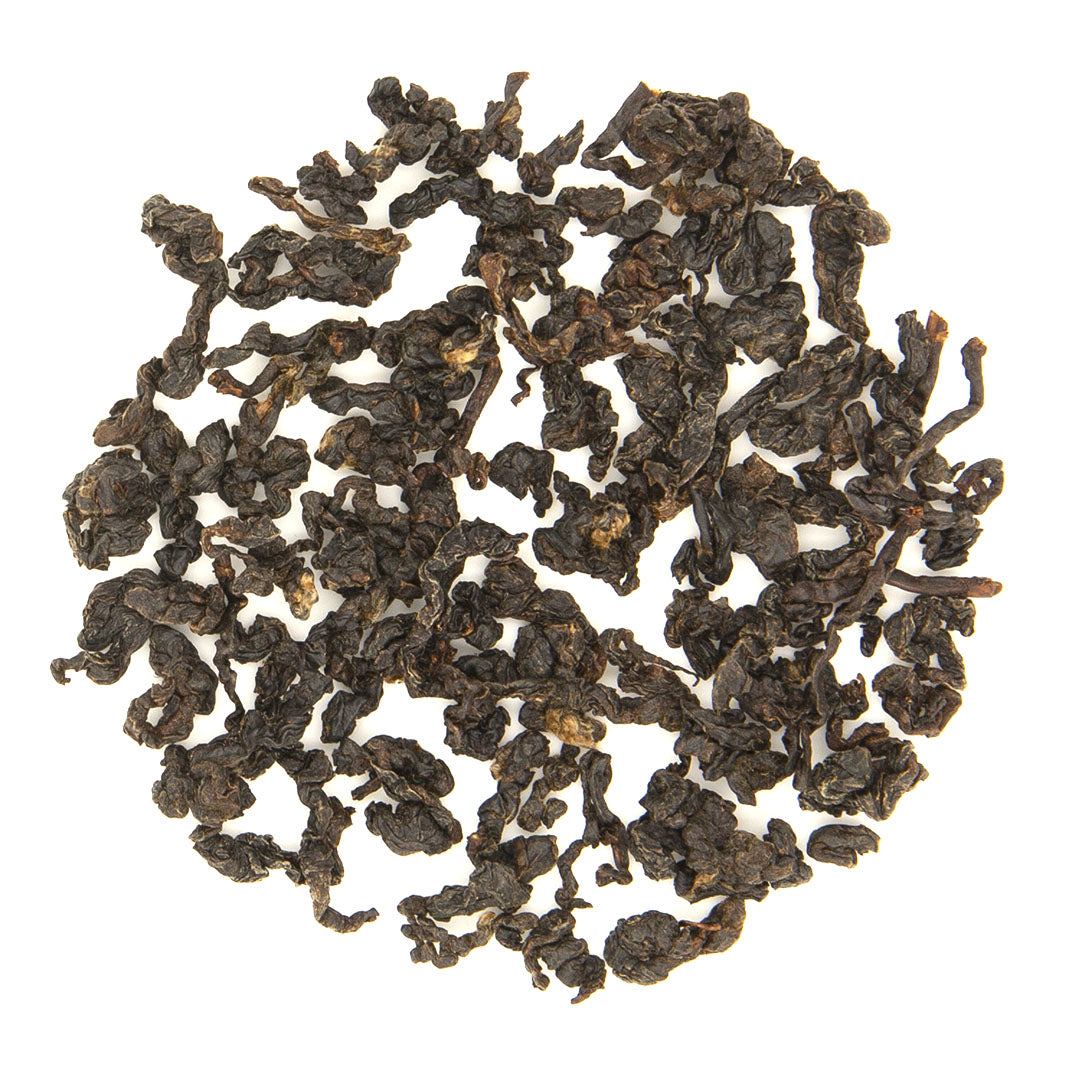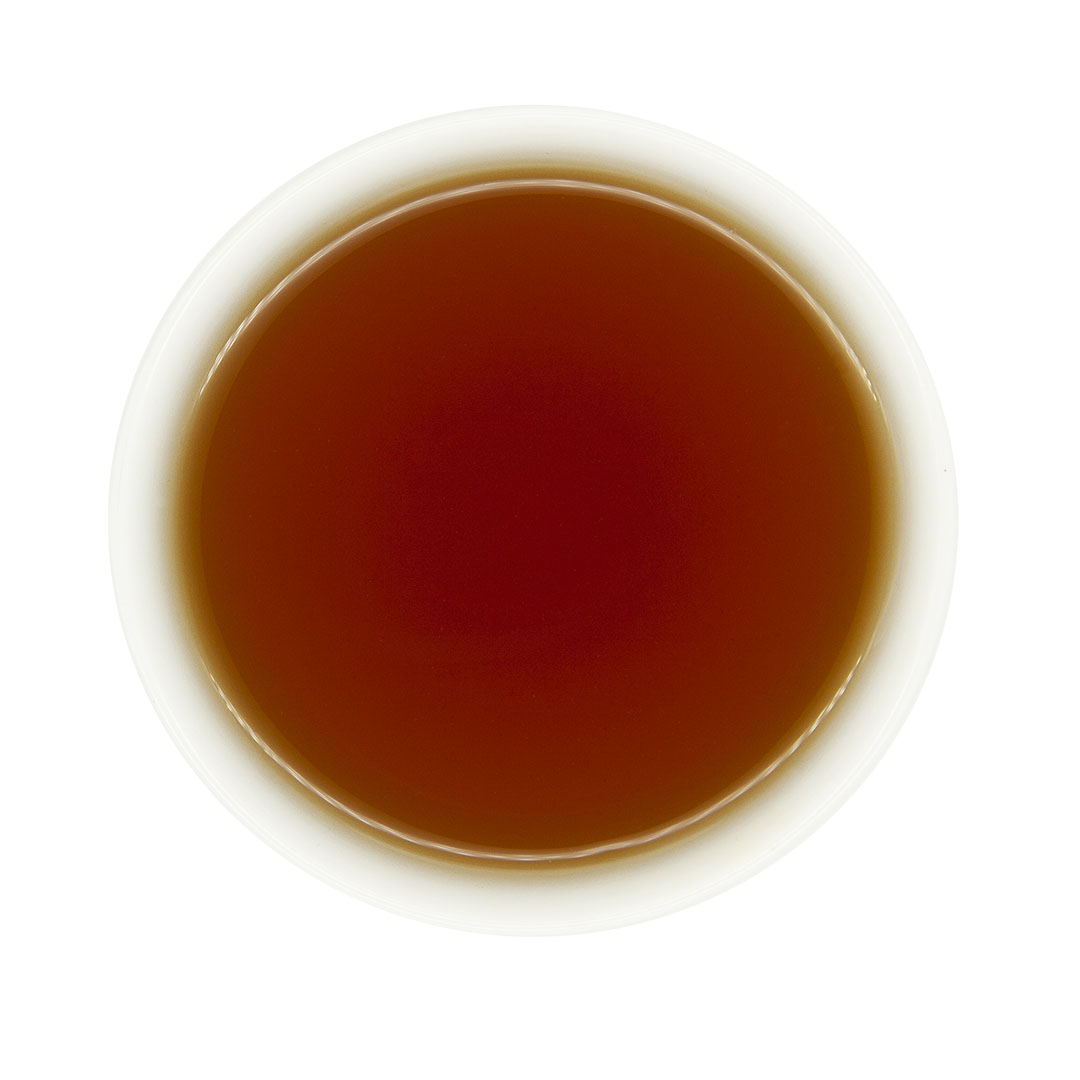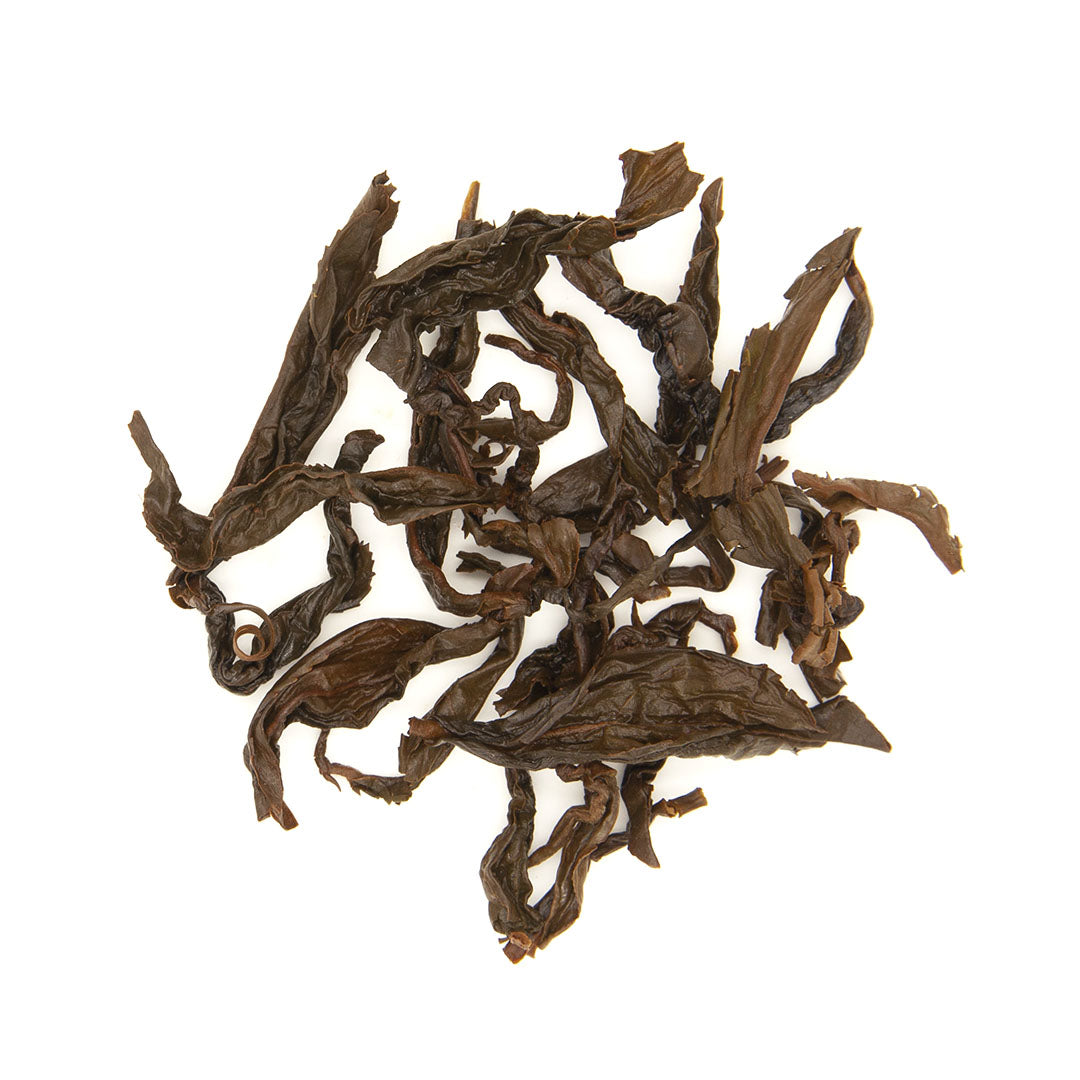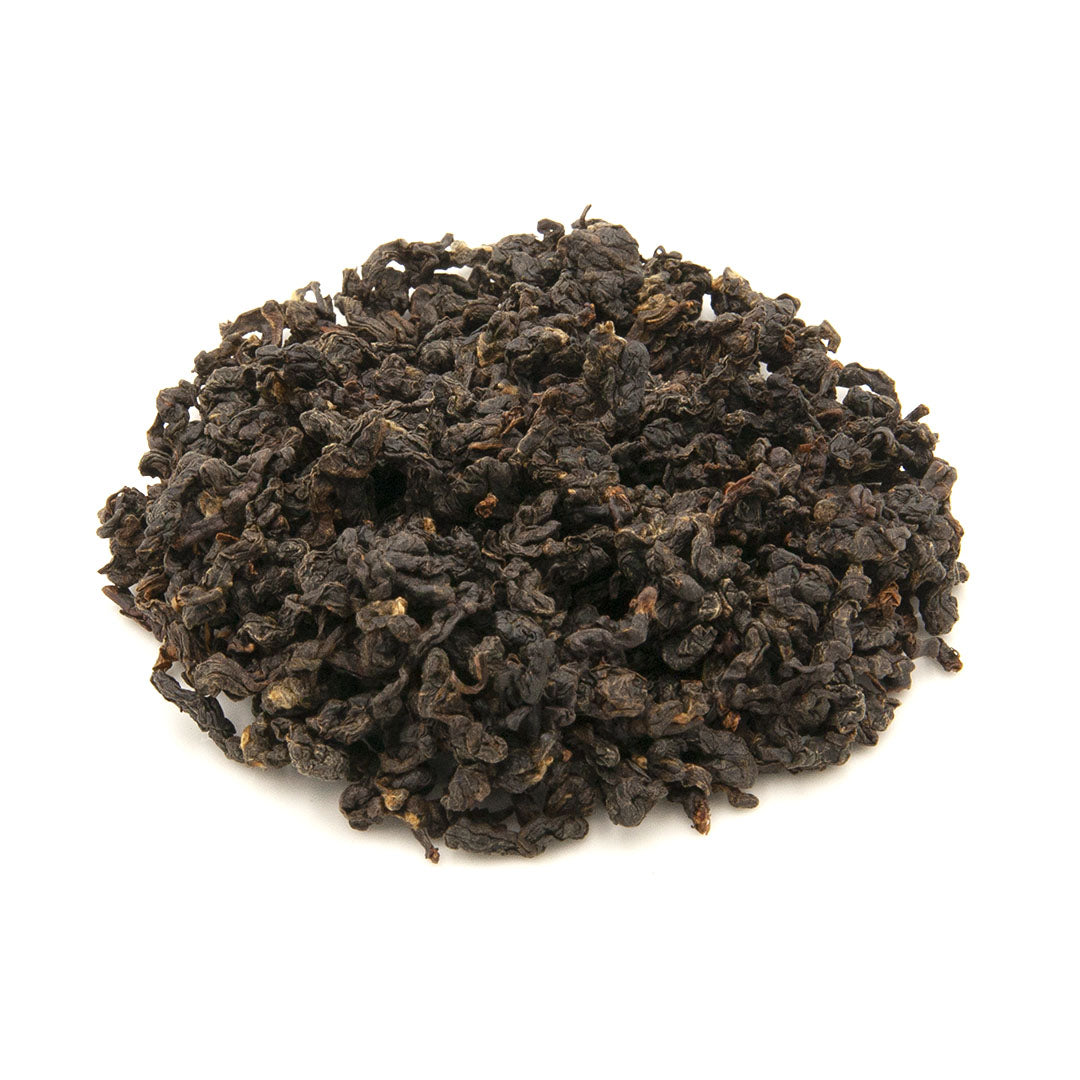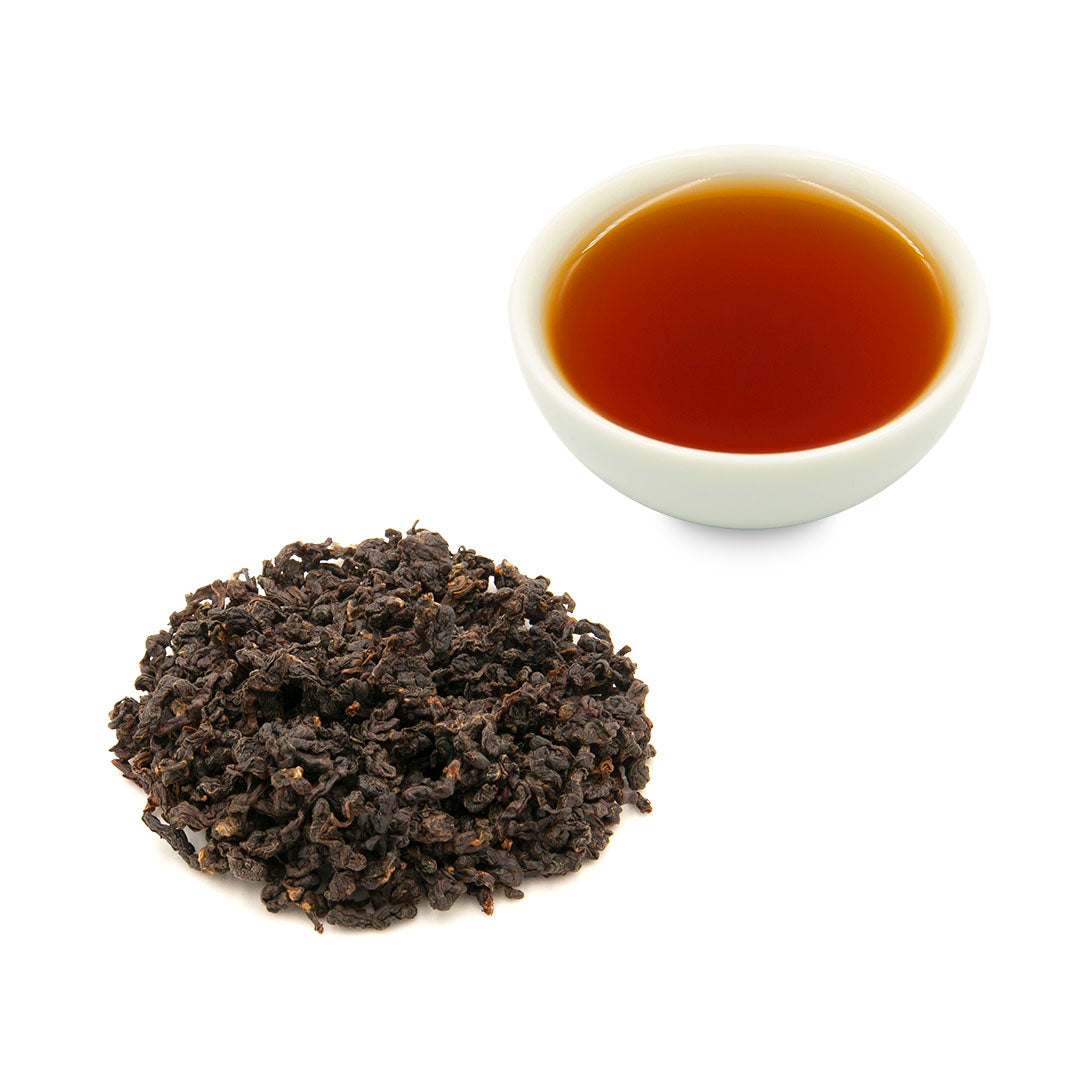Small Leaf Black Tea
US$6
Please select all options.
-
Flavor: Strawberry rhubarb aroma. Notes of malt, pluots, molasses. Sweet/tart, lasting finish.
Garden: This tea comes from Fenghuang Village, on the ridge just across from Dong Ding Mountain. Fenghuang is known for its rich red soil which differs from other locales in Lu Gu Township. This farm is managed by our good friend who inherited his family tradition as artisans of Dong Ding Oolong. Like their Traditional Dong Ding Oolong, we feel confident in saying that this is a high quality Small Leaf Black Tea. It is made with the Ying Xiang (Tai Cha #20) cultivar, which is known for its distinctive aromatic profile.
Harvest: Hand-picked, summer 2025. Lugu, Taiwan.
Elevation: 700m
-
In recent years, our friend has been making his summer crops of Qing Xin Oolong and Ying Xiang (Tai Cha #20) from his family plots of tea into Black Tea. This farm and home factory is managed by one of the most skilled traditional Dong Ding Oolong Tea makers we know. Our current batch of Small Leaf Black Tea is his spring crop of Ying Xiang Tai Cha #20. So it is especially balanced as well as complex in its flavor profile.
There is both a purity and substance of character that sets it apart from the majority of Black Teas, delivering a rich, full flavor that is both satisfying and soothing. The aroma is something like fresh baked plum cobbler, with a complex, vibrant flavor profile that includes notes of rhubarb and bergamot, and a dry lingering muscatel aftertaste.
-
The name Small Leaf Black Tea refers to the category of cultivars that are distinguished from... you guessed it — large leaf types! Put simply, small leaf types of tea are a result of cultivating and breeding different strains in different regional climates that mostly occurred in China over hundreds of years. This breeding of small leaf types continues today. So in Taiwan, large leaf type teas include the Assam strain that was propagated by the Japanese in the first half of the 20th century, as well as the naturally occurring indigenous tea tree, and also the hybrid of these two strains, which is called Tai Cha #18, a.k.a Red Jade a.k.a Ruby Red. Virtually all other strains of tea grown in Taiwan belong to the small leaf category. These small leaf types are mostly used for making Oolong and Green Teas.
Tai Cha #18/Red Jade Black Tea has become quite popular since its commercial promotion after the 9/21 earthquake in Taiwan in 1999. Oolong Tea makers met this new demand for specialty Black Tea by using their summer crops of small leaf tea types to make Black Tea. The result is that there are not only many versions of Black Tea made from many different strains of small leaf Black Tea now made in Taiwan, but they are also made by some of the world's best Oolong Tea makers. The farm management and tea making skills that go into producing the Oolong Tea that Taiwan has become world renowned for is now being used to produce Black Tea as well. So the processing methods involved in making small leaf type Black Tea often involve the initial step of Oolong Tea making — namely, solar withering. This added step is considered to result in a more distinctive character of Black Tea with a more vibrant, complex flavor profile.
Our source of small leaf Black Tea is a prime example of this. He was born and raised in the heart of Dong Ding Oolong Tea country, and has inherited his family farm and factory. He is also a professional tea judge at the Lugu Farmers' Association and manages High Mountain Tea farms in the Shan Lin Xi tea growing region above Lugu. In addition to producing his own tea, he regularly provides the service of processing other farmers' produce in his home factory into whatever type of tea the farmer orders. So he is proficient at making traditional Dong Ding Oolong, Hong Shui Oolong, Black Tea, as well as lightly oxidized High Mountain Tea. He also has decades of experience in farm management, and produces tea that regularly wins awards in the local competitions.
In addition to this, our source of this tea has his tea leaves rolled in the manner of Oolong Tea, rather than the curled strip tea that is most common in Black Tea making. This added step preserves the integrity of the leaf by making it less susceptible to crumbling, and possibly produces a more refined flavor profile.
-
Brewing Guide: 8g tea in 300ml 95°C water. Steep for 3 minutes. Re-steep. Adjust to taste.
Cold Brew: Use 8g of tea per liter of water. Brew tea at room temperature for 2-3 hours, and enjoy. Or you can put your cold brew bottle in the fridge to brew overnight and be ready to drink the next day.
Gongfu Brew: Use 9g for a 175 ml pot. Use boiling temperature water and brew for about 40 seconds. Increase brewing time 5 seconds with each successive brew. The leaves can be brewed 5-6 times.
I’m a black tea person and I love Taiwanese blacks, but this one is very bland to me.
Truly one of the best black teas I've ever tasted! Perfectly balanced: sweet, malty, floral, low in tannins and almost no bitterness. Light yet substantial. It would impress any black tea drinker, especially folks that are used to low-quality bagged teas. Sadly, I'm sipping from my last pot, and I can't wait to replenish my supply as soon as it's back in stock.
Loved it
As a person who doesn’t enjoy teas with a very string flavor, this is an excellent black tea compromise. I use it in the wintertime for breakfast. Love it


